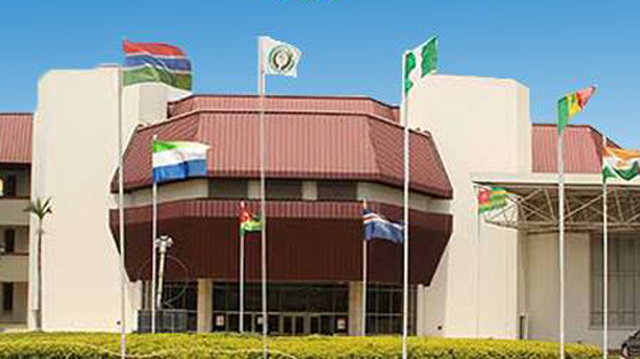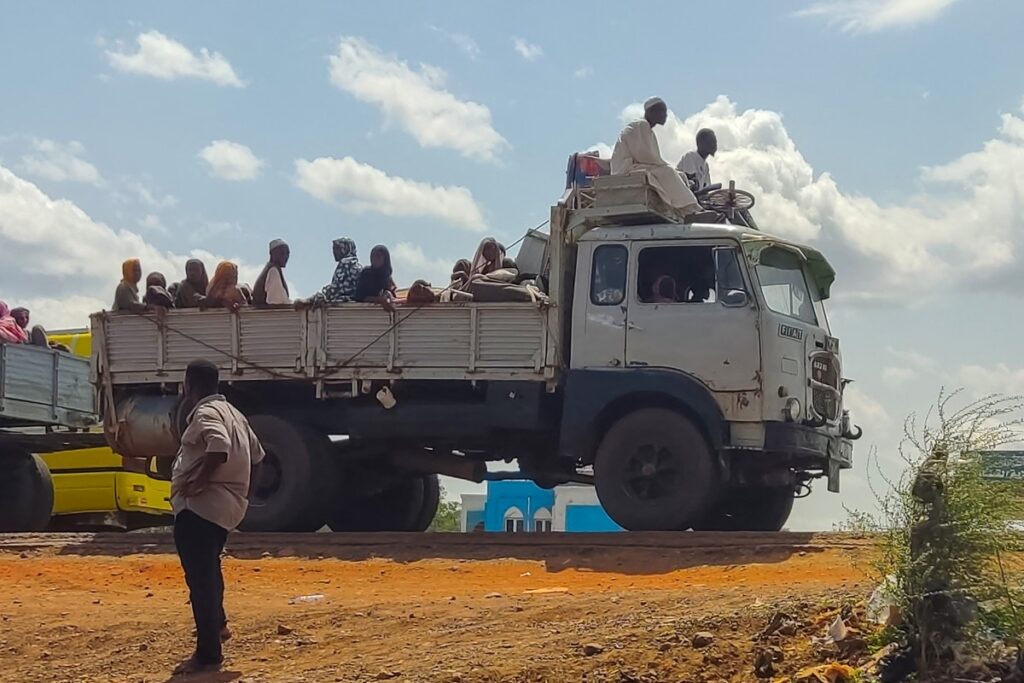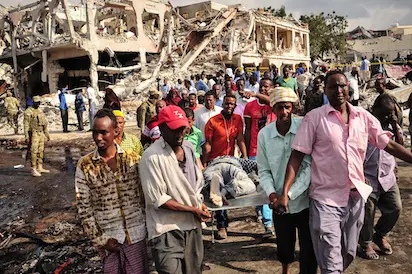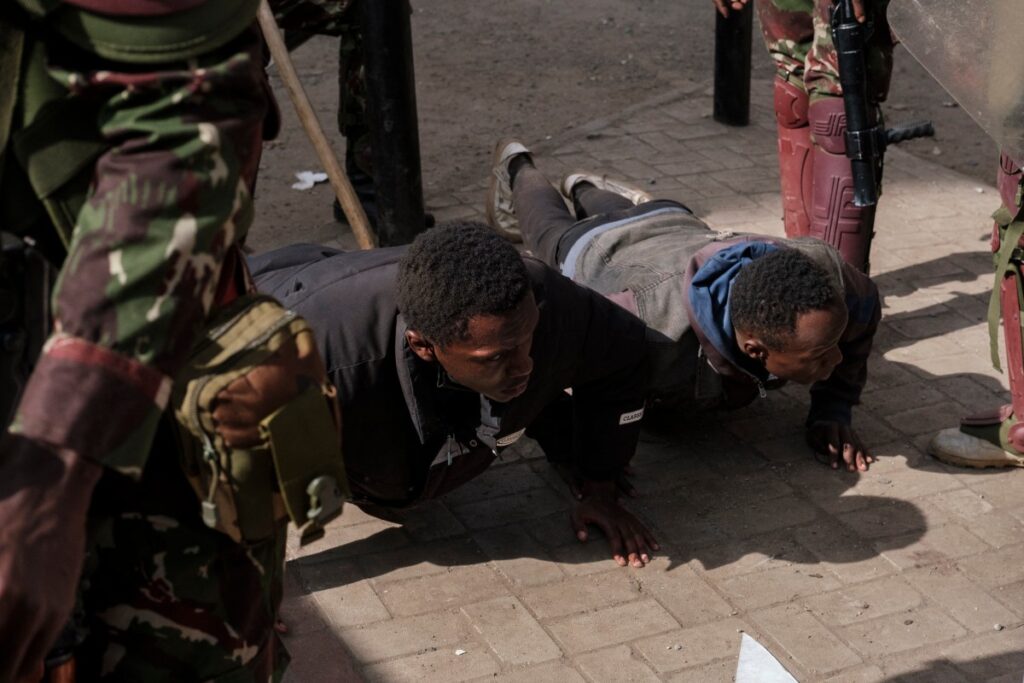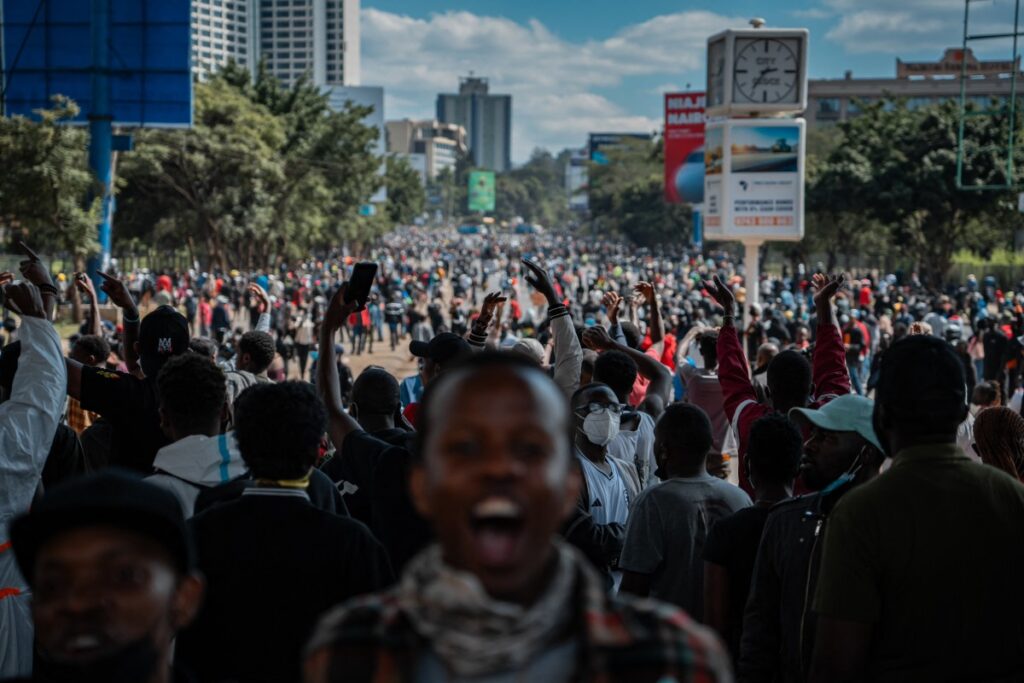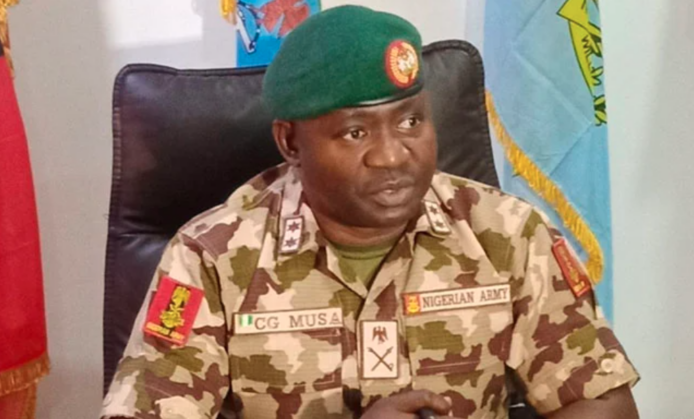
The 1992 drama film, The Power of One, set in South Africa, tells the story of an English boy, living in Africa during World War II, who through his boxing prowess, became a symbol of hope, in a time of war.
Through the ages, one story has been constant – it is the power of hope. The power of one person – Washington, Lincoln, King, Mandela, Obama and even young Malala from Pakistan – one person changing the world by giving people hope.
This illustrates the work and vision of Ms Almaz Negash, Founder and Executive Director, the African Diaspora Network (ADN), convener of the biggest and richest gathering of African Diasporans in the United States since 2016.
Founded in 2010, ADN is a Silicon Valley-based nonprofit that promotes entrepreneurship and economic development on the African continent, with the aim of bringing together Africans on the continent, in the diaspora and friends of Africa to actualize their full potential, activate their entrepreneurial spirit and strategically mobilize financial and intellectual resources to ensure a brighter future for the African continent.
For this year’s flagship program of ADN, the African Diaspora Investment Symposium (ADIS23), the eighth edition since the signature convening began in Silicon Valley in 2016, it marked the return of in-person summit after the COVID-19 pandemic of the celebration of ingenuity and innovation of Africa’s present and future.
In November last year, to celebrate the Global Entrepreneurship Week, ADN announced 11 entrepreneurs named Builders of Africa’s Future (BAF) who received $25,000 grants from the U.S. African Development Foundation (USADF).
The funding will be used to support African organizations honoured in the BAF 2022 cohort. Each of the 11 organisations is impact-oriented, African-led and represents the healthcare, education, agriculture, renewable energy and menstrual health sectors. Since 2018, ADN has recognized and catalysed 53 African startups in five cohorts, recognizing the rising stars of African entrepreneurship as they build the continent’s future through nonprofit and for-profit businesses addressing the needs of their communities.
In an interview with The Guardian after ADIS23, which ended on Friday at the Computer History Museum, Silicon Valley, Negash described the symposium as successful, which has continued to create a platform to connect African diaspora with entrepreneurs on the continent and driving a Future Ready Africa, with the Beyond Remittances conversation.
“The conversation began at United Nations General Assembly (UNGA) last year in New York and we took it to the U.S. African Leaders Summit (USALS) in Washington in December and after ADIS23, my next stop is in Oxford, England in April, taking the conversation there and later to Pan African University to speak on the theme Beyond Remittances. Why is this important? Unless we create awareness, we are not going to engage communities. My job is to create that awareness and continue the engagement,” she said.
On the success of ADIS23, Negash enthused: “This organization stands on so many shoulders and that means I have a fall back plan, which is the people and am happy to be surrounded with such lovely people driving this vision. The event went on smoothly beyond my expectations. It is after three years, so I was thinking if people were going to show up because we have been doing this on Zoom but having this in-person summit, the engagement that we are forming and the community we are building actually inspires me.”
She further shared how the inspiring journey of ADN started and her staying power to remain resilient with the vision that has now birth a powerful engagement in Africa and the United States:
“First of all, I am an immigrant, which means as an immigrant, you have to leave everything back home. I left my country Eritrea in 1984, and everything I knew I left it behind. The fact that I made that journey in itself is part of that courage of immigrants. I live on that and if I was able to overcome having only a dollar a day in the United States, I could face anything. So, I never lost hope. It doesn’t mean in reality it is easy. It’s a very difficult journey, but I forged ahead with my internal drive.
“Once we started the first ADIS, we just couldn’t stop. We did the first one, how can we not do the second one and the third one, that is how we arrived at the eighth edition this year. In 2017, we actually had no money, I think we had only $5,000 in the bank but this year, we raised money beyond and above what we needed.
“At the ADN, what we preach is engaging and supporting each other. For the programmes we have created, all I ask is give one hour of your time to us to mentor the entrepreneurs, grassroots African entrepreneurs and the African Americans here. That is my plea, making a difference in one person is just the greatest thing in the world.”
The Biden administration has severally reiterated that its engagement with Africa is a priority, has anything come out of this promise yet?
Responding, Negash said: “It’s a good thing, though there is a lot of talk but I think there is a process and that is the point we are. I do know the Biden administration is very committed from the actions that we see, not only because of us the diasporans, but because Africa is important to the United States. After the USALS, we have been engaging with the State Department, USAID and others that are working on this issue. We are also not waiting for them to do the action, we are taking the proactive action of taking Beyond Remittances everywhere.
“As diasporans, waiting for the government to make this work is not going to happen, we need to own it. The diaspora is in a space of innovation, investment and capital development and we need to engage these resources for the maximum benefit of Africans. Going through the EY Africa Attractiveness Report shared at the symposium, the Foreign Direct Investment (FDI) to Africa plus any aid that comes to Africa is way less than the $80 billion remittances that goes to the continent. Think about it, it is huge. And it’s not going to stop, because if my relatives ask me for money, I will do everything I can to give it to them, but it is not enough, it is not scalable, because this is going from one family to the other. What we are asking is can we tap into the savings that we have and start to think and imagine other ways we can invest in the continent and this is a huge opportunity for the diaspora to make a difference in the continent.
“We are not changing anything or reinventing the wheel, we are just enhancing what’s there and calling to action all diasporans to go and do something for the continent. However, the governments of Africa, the 54 governments, need to create a conducive ecosystem for the diasporans to come in, from the tech investor diasporans in Silicon Valley, California to the big financiers in New York, connected big diasporans in Washington DC and some energy folks in Houston, all of these groups are important to the future of Africa.”
On a last note, her parting shot is: “I will urge the media to tell our stories and be authentic about it. When we fail we must talk about it but it’s not the end of it. We need to change the narrative about Africa.”


